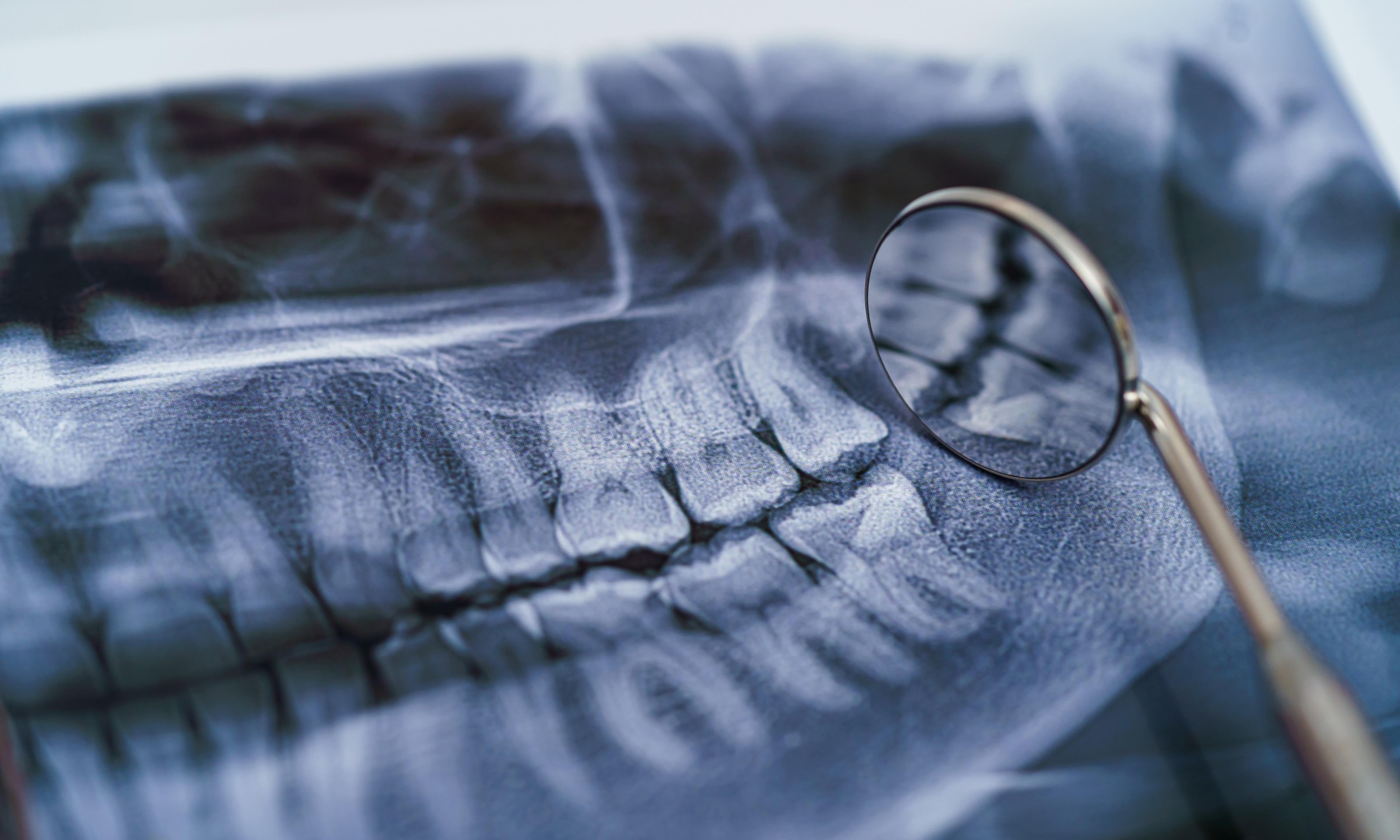What are Dental Implants?
Dental implants offer a permanent solution for replacing missing teeth. These implants consist of titanium posts that are surgically inserted into the jawbone, where they serve as the roots of missing teeth. Once in place, the posts bond with the bone, providing a sturdy foundation for artificial teeth. Dental implants can help preserve facial structure, prevent bone deterioration, and are indistinguishable from natural teeth.


